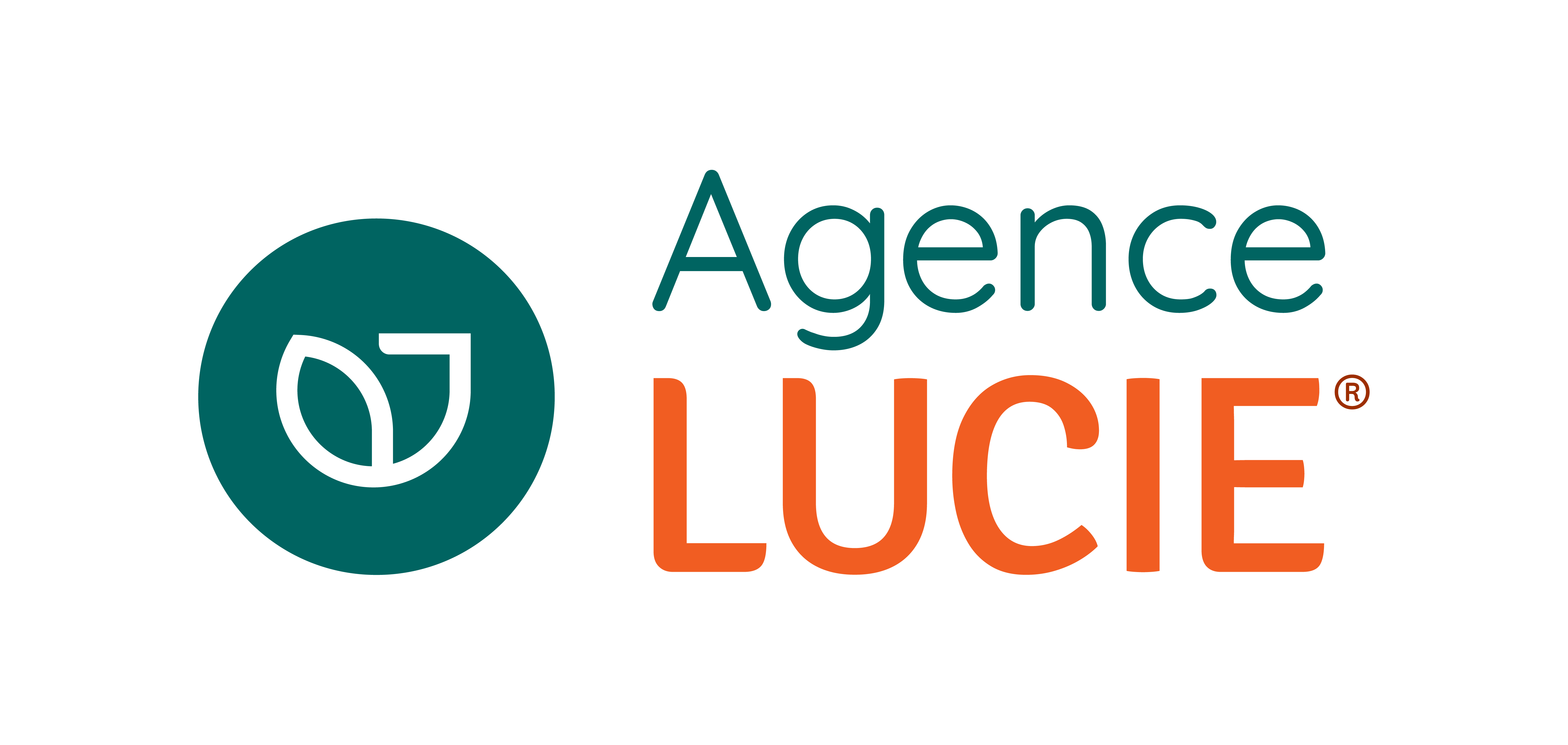CSR, a movement
that is solidifying and accelerating in Europe

Publication of the Club of Rome report “The Limits to Growth”
Tthe first report to challenge infinite growth in a finite world.
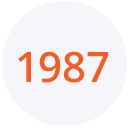
The Brundtland Report
The text that defined the concept of sustainable development for the first time.
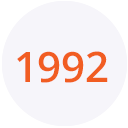
The Earth Summit, Rio
Held in Rio, the Earth Summit, which is organized every 10 years by the UN, marked the beginning of a broader commitment to sustainable development.

The Kyoto Protocol
International agreement to reduce greenhouse gas emissions

The Global Compact
The Global Compact is a United Nations initiative aimed at encouraging companies
worldwide to adopt socially responsible behaviors

Global Reporting Initiative
The first published guidelines on sustainable development reporting
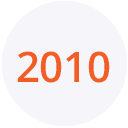
ISO 26000
The ISO 26000 standard is the international Corporate Social Responsibility standard for all organizations.

International Integrated Reporting Council (IIRC)
Publication of the Integrated Reporting Framework
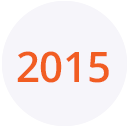
Sustainable Development Goals (SDGs)
Adoption by the UN of the 17 sustainable development goals that lay out the steps to achieve a better and more sustainable future for everyone

Paris Agreement
At the COP21, 196 countries ratified the Paris Agreement and undertook to limit global warming to significantly less than 2°C, preferably 1.5°C, compared to the preindustrial era.

TCFD Reporting - Task Force on Climate-Related Financial Disclosures
Publication of recommendations on climate-related financial information to improve
corporate financial transparency on climate issues.

EU Action Plan for Financing Sustainable Growth
Adoption of an action plan to redirect financial flows towards the environmental
transition, better address risks, and promote transparency and a long-term approach.

European Taxonomy
In June 2020, the European Commission adopted the “Green Taxonomy,” an official
European classification of economic activities that defines the conditions for an
activity to be defined as environmentally sustainable.
ISO 26000, the social responsibility standard
ISO 26000 is the world’s most complete CSR standard.
It is intended to support organizations (companies, non-profits, and local governments) and their sustainable development strategies by defining a framework, a set of basic practices, and the 7 core subjects of social responsibility.
All LUCIE’s resources, particularly the LUCIE 26000 framework, are aligned with the ISO 26000 standard. An organization that wants to commit fully to CSR in France can opt for the LUCIE 26000 label.
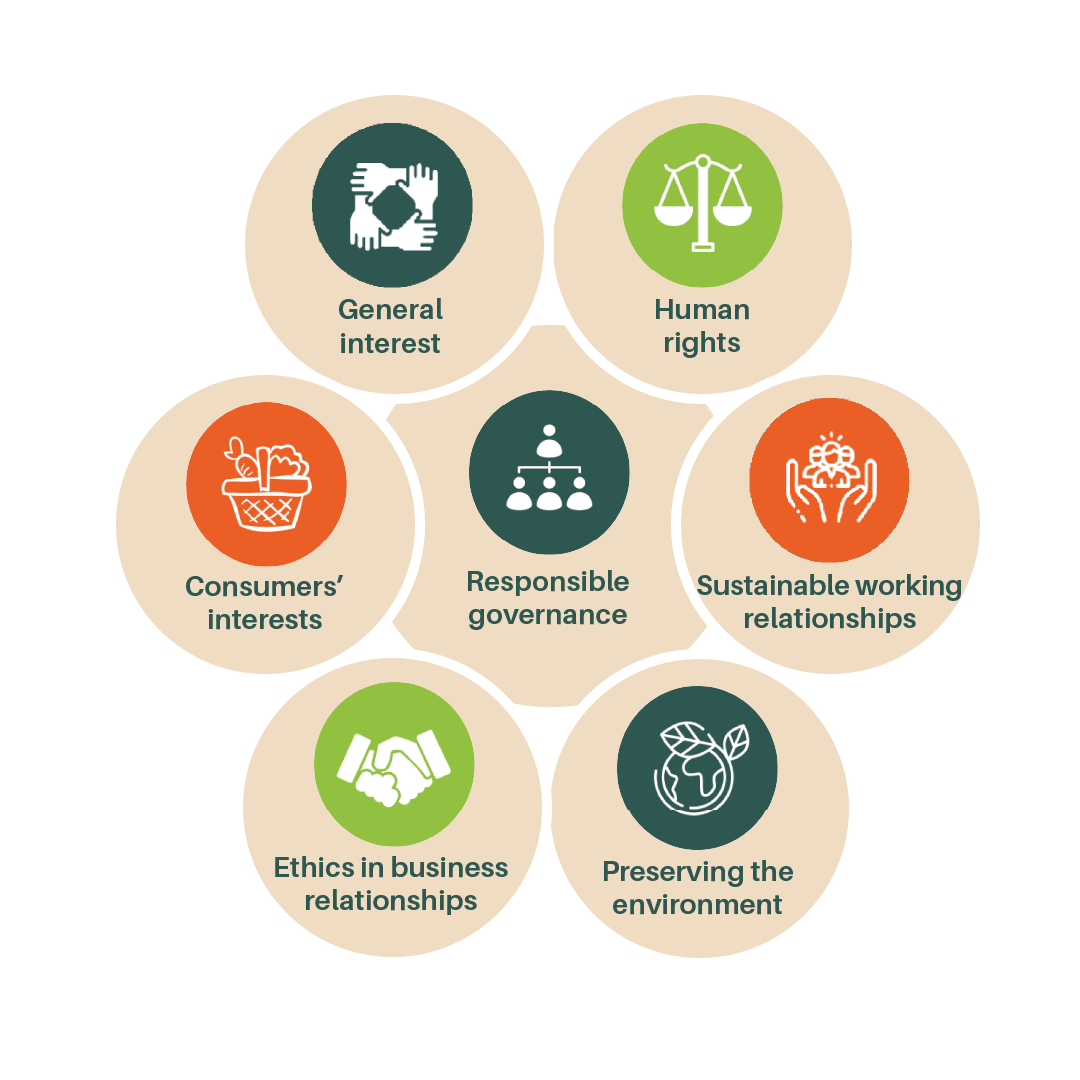
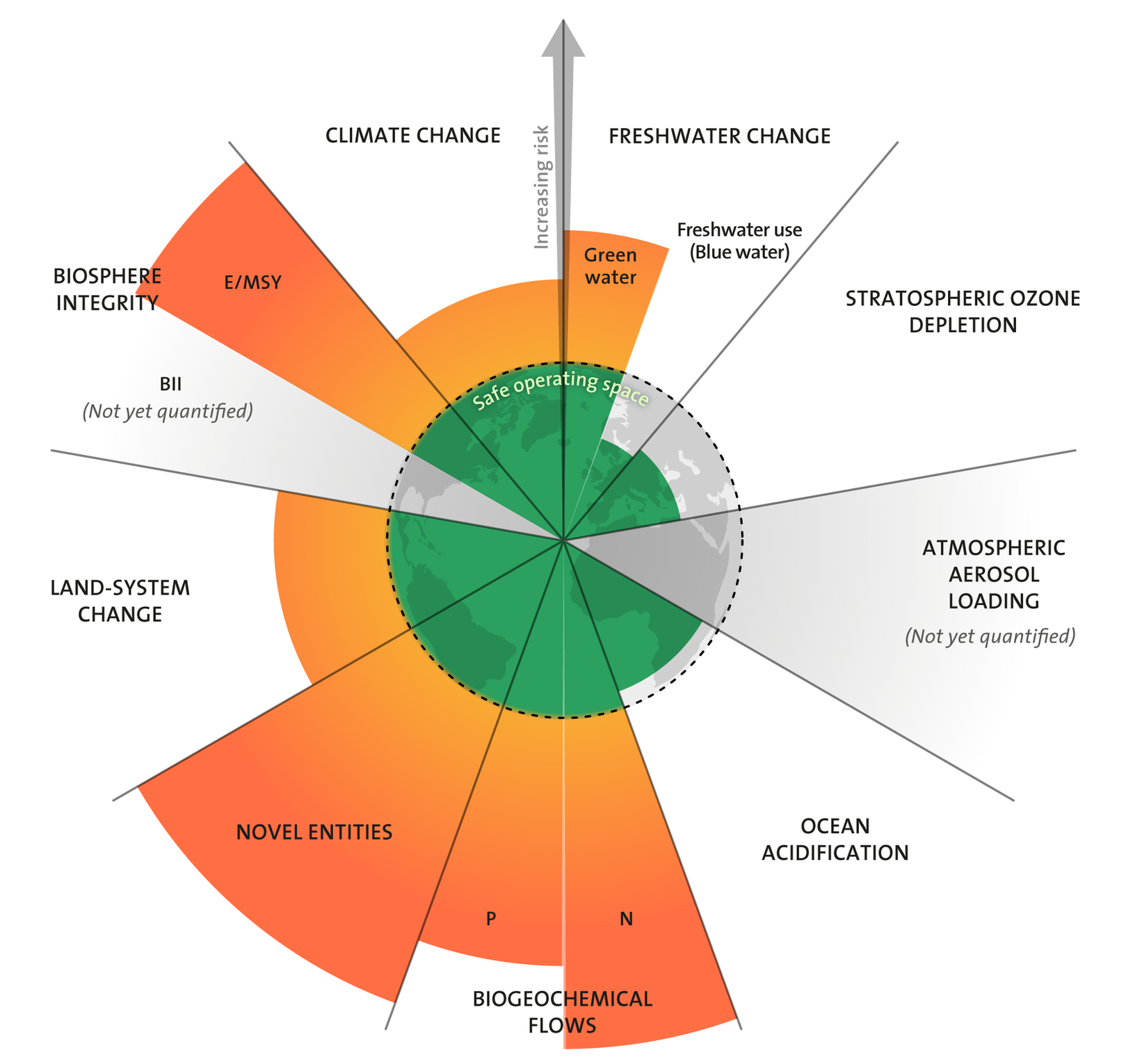
Credit: Azote for Stockholm Resilience Centre, based on analysis in Wang-Erlandsson et al 2022
Planetary boundaries
Human activities put pressure on the planet’s resources, surpassing geophysical forces to become the main cause of change on earth. The changes caused by human activity are so drastic that we have entered a new geological era : the Anthropocene.
The concept of Planetary Boundaries was developed by researchers at the Stockholm Resilience Centre (Sweden) in 2009. It is first and foremost a framework intended to determine the limits beyond which the Earth system is unable to regenerate itself.
6 of the 9 planetary boundaries identified have already been exceeded, a fact that should inspire us to accelerate the transition to more sustainable production and consumption models.
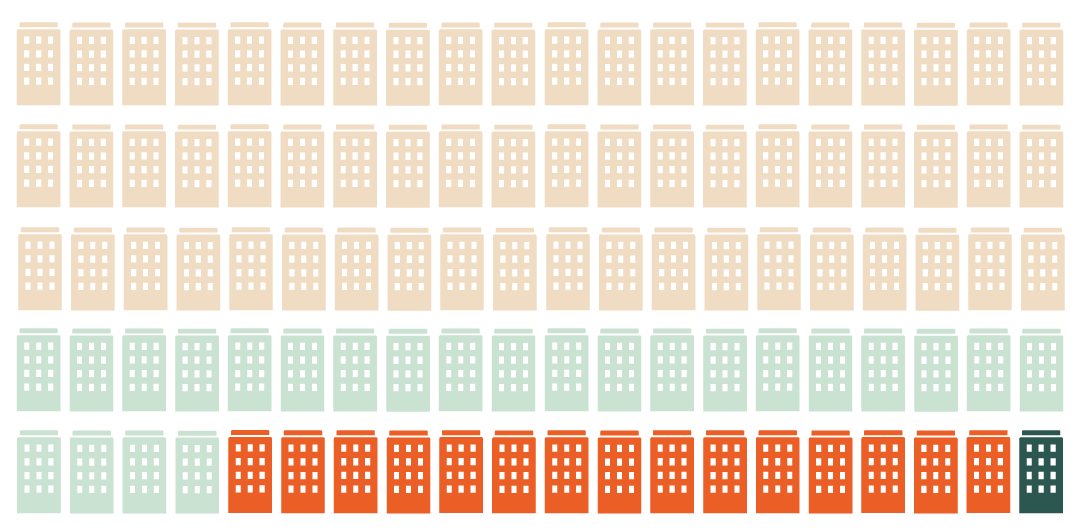
- 60% do not clearly define CSR
- 24% partially committed to CSR
- 15% committed to CSR
- Only 1% strongly committed to CSR like the LUCIE community
More and more organizations involve in CSR
Companies and organizations are increasingly committing to CSR, as the LUCIE Community’s growth in recent years illustrates.
That commitment is expected, and in some cases demanded,by:
- Customers and purchasing departments
- Banks and insurers
- Governments
- The public
- Employees
CSR pays off
Numerous studies have also shown that CSR pays off financially.
LUCIE offers labels and solutions designed to boost organizations’ economic performance and profits.
CSR economic assessments performed by Goodwill-management
%
Greater profitability for companies thatapply CSR, according to France Stratégie
